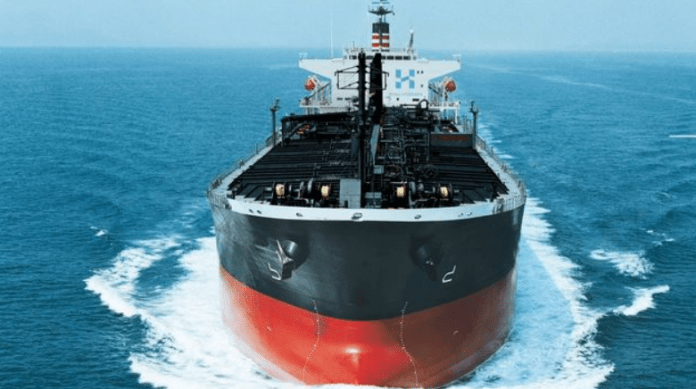Port of Rotterdam Authority, Koole Terminals, Chiyoda Corporation and Mitsubishi Corporation have inked an agreement to jointly study the feasibility of a commercial-scale import of hydrogen from overseas sources to one of Koole’s terminals in the port of Rotterdam utilizing Chiyoda’s proven hydrogen storage and transportation technology SPERAHydrogen™.
Northwest-Europe will have to import hydrogen on a large scale to become net-zero CO2 emission, according to a statement.
The Port of Rotterdam Authority is looking at ways to set up new hydrogen supply chains in Northwest Europe from countries where hydrogen can be produced and supplied cost-effectively and support for materialising the project.
Meanwhile, Koole Terminals of Port of Rotterdam Authority will attempt to innovate its facilities and support the development of onward transport to their end-users, while Chiyoda Corporation will be the technology provider for the project.
In the meantime, Mitsubishi Corporation, as one of Japan’s largest trading and investment companies in the energy industry, will lead the commercial development of the project to make the overall hydrogen supply chain commercially viable.
Rotterdam’s Port Authority explained that shipping hydrogen is more challenging than shipping oil or coal.
“One option is for it to be made liquid by a cryogenic process to minus 253 degrees, another is to transform it into a carrier, like ammonia or methanol or lastly, it could be chemically combined in a so-called liquid organic hydrogen carrier (LOHC),” said the port in its announcement.
Methylcyclohexane (MCH), which is a LOHC, maintains a stable liquid state under ambient temperature and pressure. It is comparable with petroleum and petrochemical production in terms of the risks involved.
Chiyoda Corporation has developed the SPERA Hydrogen technology to release hydrogen from MCH, and in 2020, it completed the demonstration project of the long-distance transportation (5,000km) and storage of hydrogen, along with its partners.
SPERA Hydrogen is expected to play an important role in the realisation of commercial-scale hydrogen supply chains globally and contribute to global carbon neutrality in 2050, while the companies expect to import 100 to 200 ktpa hydrogen in 2025 and 300 to 400 ktpa in 2030.
MCH is produced from toluene through the hydrogenation process. When hydrogen is generated from MCH, toluene is produced simultaneously and it can be shipped back to be used as a material of MCH again.
One of the major advantages of MCH over liquid hydrogen and ammonia as a hydrogen carrier is that it makes use of existing infrastructure and vessels, and is easier to handle.
The joint study on the large scale import of hydrogen is anticipated to last one year.







